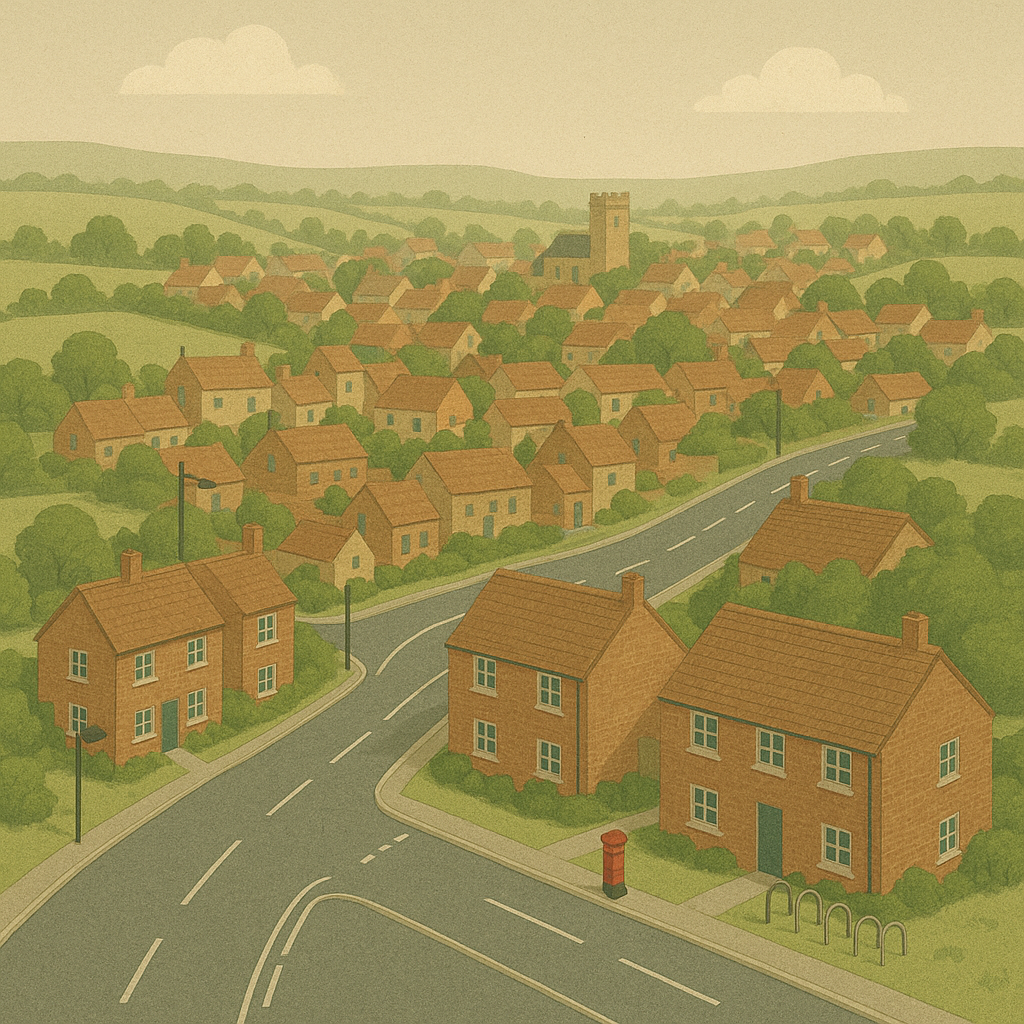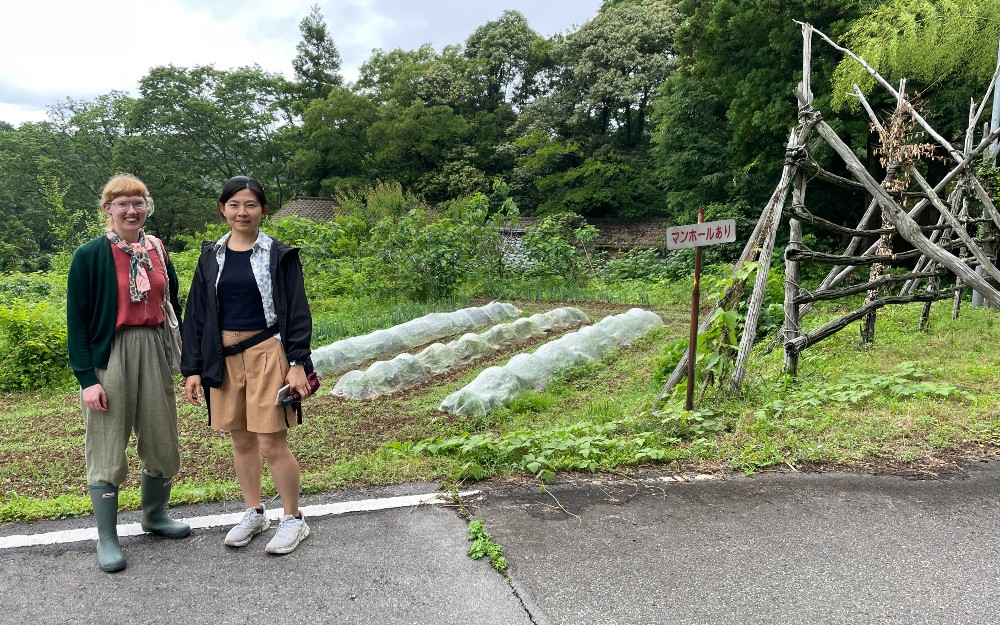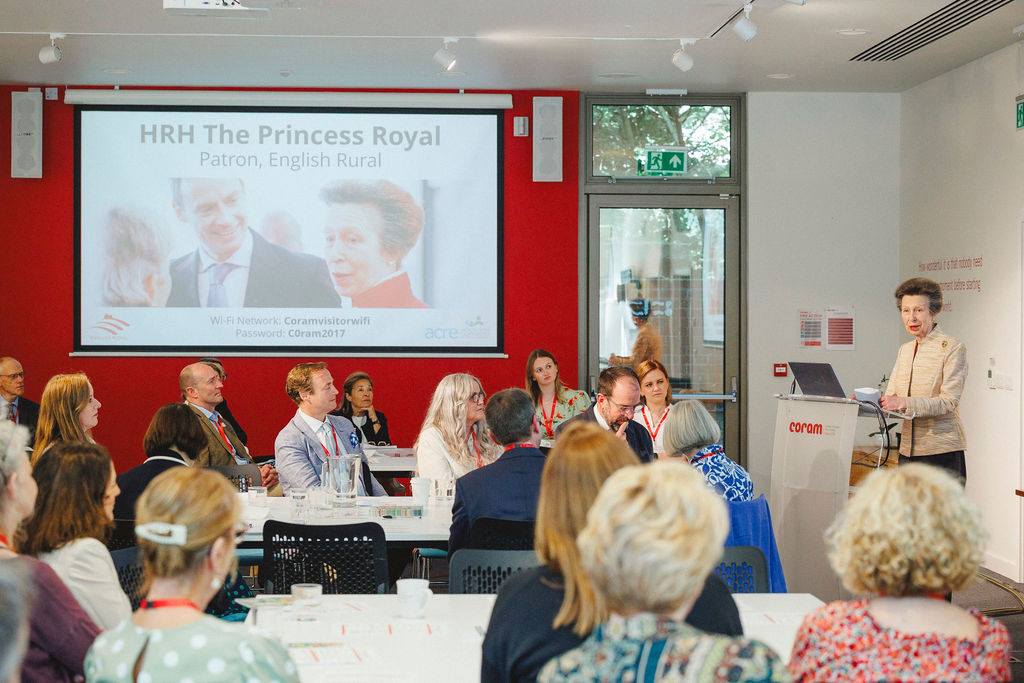Paul Courtney, together with Rachel Summerscales of Hulme Community Garden Centre (HCGC) developed a monitoring and evaluation framework for Hulme Community Garden Centre in central Manchester in a project that invokes development of a theory of Change and forecasts Social return on investment (SROI).
In aiming to support vulnerable and disadvantaged people to access gardening and food growing, and to improve their health and well-being through various growing and community activities, HCGC needed to demonstrate that they understand and take seriously the need for an independent evaluation.
The overarching aim of the project was therefore three-fold: to help HCGC understand their impact and to articulate the value of this impact through a Social Return on Investment (SROI); to develop a monitoring and evaluation framework to include an outcomes tool that would enable HCGC to track its impact on an ongoing basis; and to provide both HCGC and the Growing Health network with an adaptable and replicable tool for assessing the impact of similar organisations or projects.
A Theory of Change (ToC) was developed for HCGC as a starting point to explore its outcomes in some detail and to examine how these outcomes interact and play out over time. An important aspect of this was to examine the trajectory of outcomes in a chain of events, which would not only ensure that the appropriate outcomes were measured with the developed tool, but would also help prevent any double counting of impacts in the SROI. The workshop discussions and interviews revealed the medium to longer-term impacts arising through the two pathways discussed above to cohere around three main themes:
- Opportunities for the local economy and environment
- Improved access to training, employment and volunteering
- Improved health, happiness and confidence
A total of 12 measurable outcomes were identified across the three themes and these formed the basis of the outcomes tool.
Forecast Social Return on Investment (SROI)
SROI is an outcome focused methodology. In other words, it seeks to understand and value the most important changes that occur from an organisation, project or programme, rather than valuing only those things that are easy or straightforward to measure. It is also stakeholder driven, relying on consultation with those who are experiencing change and ensuring that recommendations are made to facilitate targeted and effective change for society.
Findings suggested that every £1 invested in HCGC could return up to £6 to society in the form of social, economic and environmental outcomes including health and well-being, training and skills and environmental and retail behaviours. Subject to the limitations of a relatively small sample of beneficiaries informing the estimates, this represents an indicative 600% return on investment for the activities of Hulme Community Garden Centre.
Breaking down the magnitude of benefit according to the principal areas of change affected by HCGC reveals that the enterprise is producing almost two thirds of its social return in the areas of mental health and well-being, followed by community vibrancy and then physical health. This breakdown, and subsequent updates of the SROI model (see the following section) can be used to help guide strategic management of HCGC to help ensure that its immediate and wider goals are being met.




